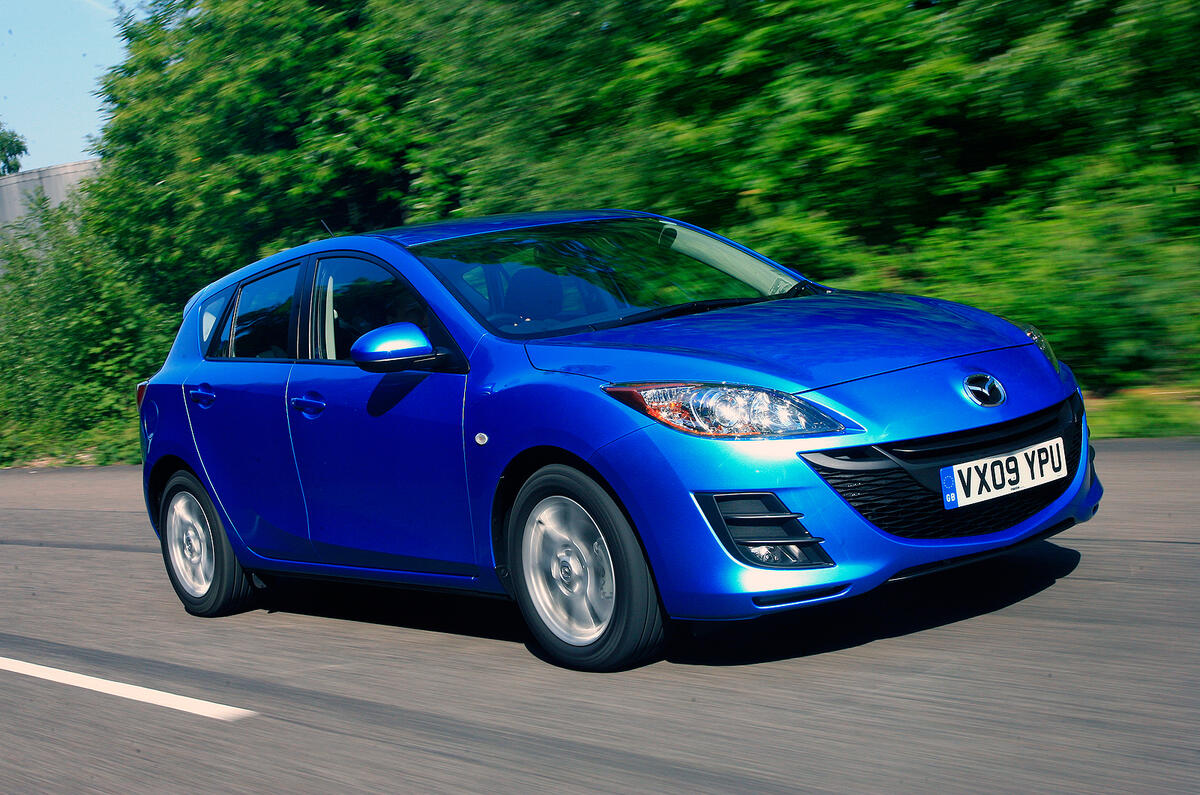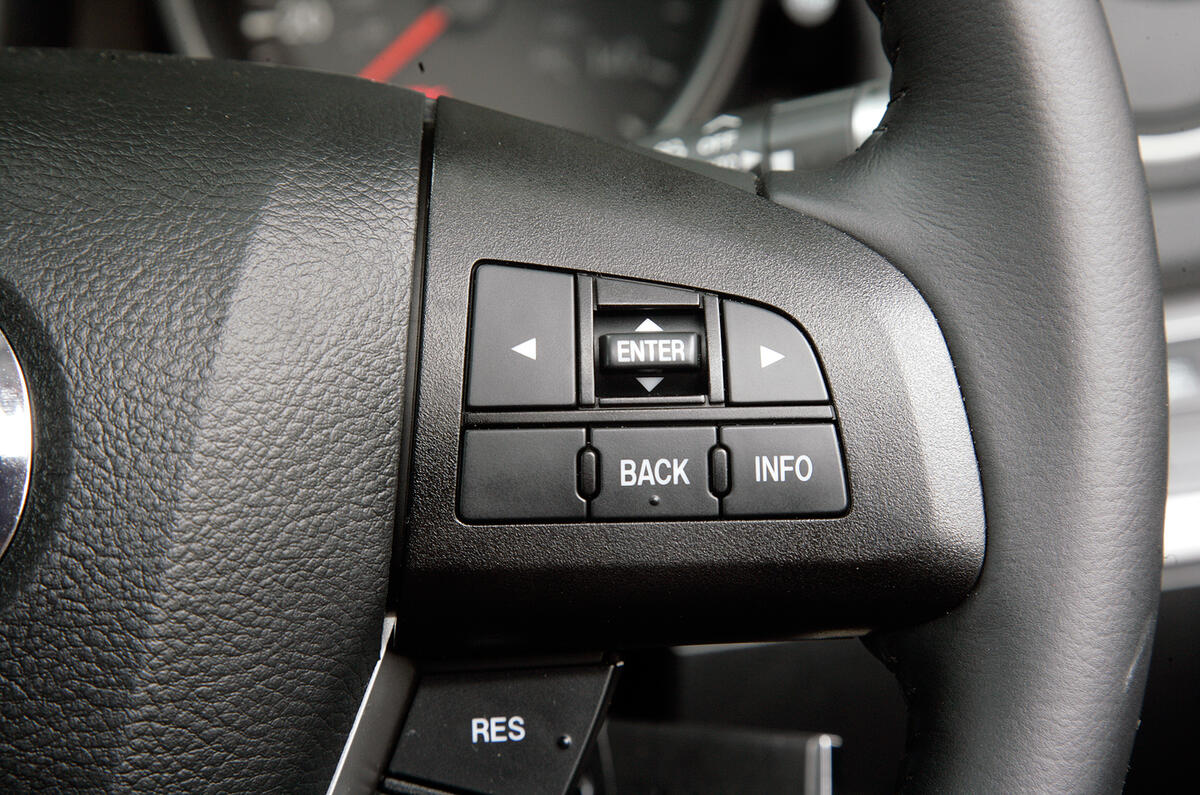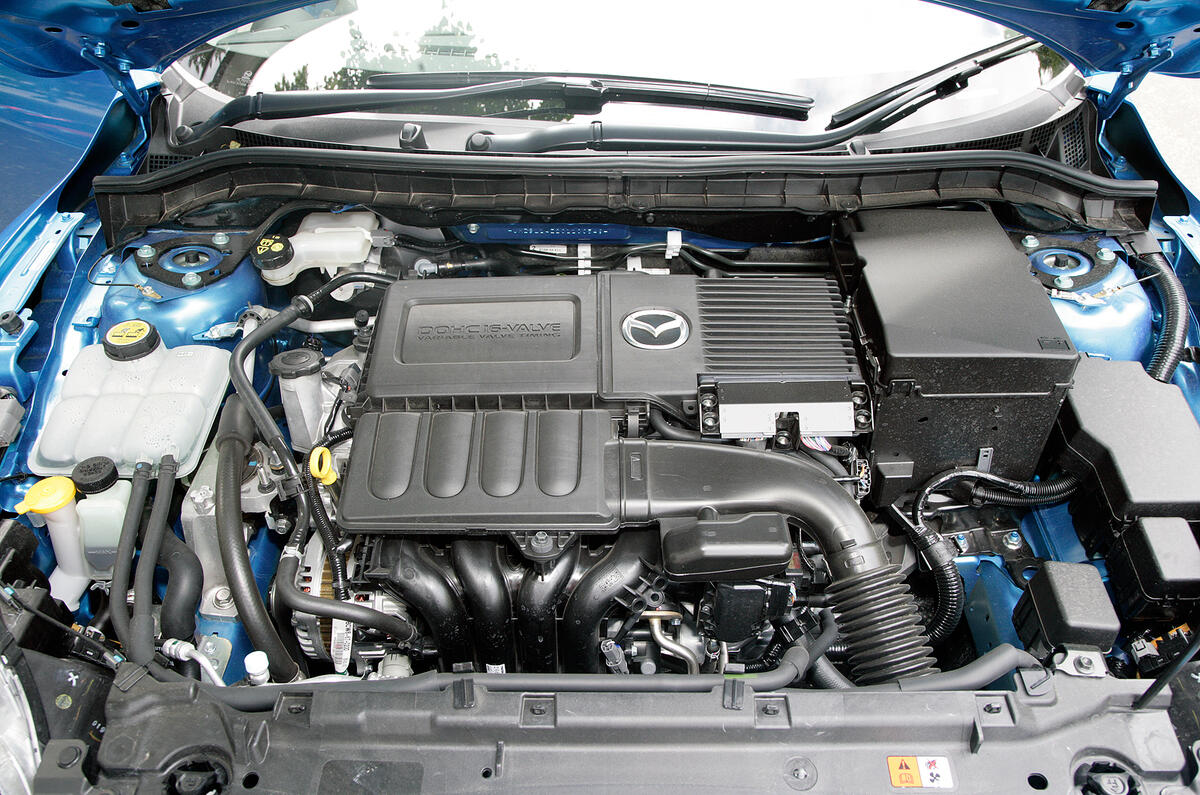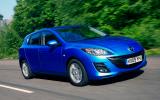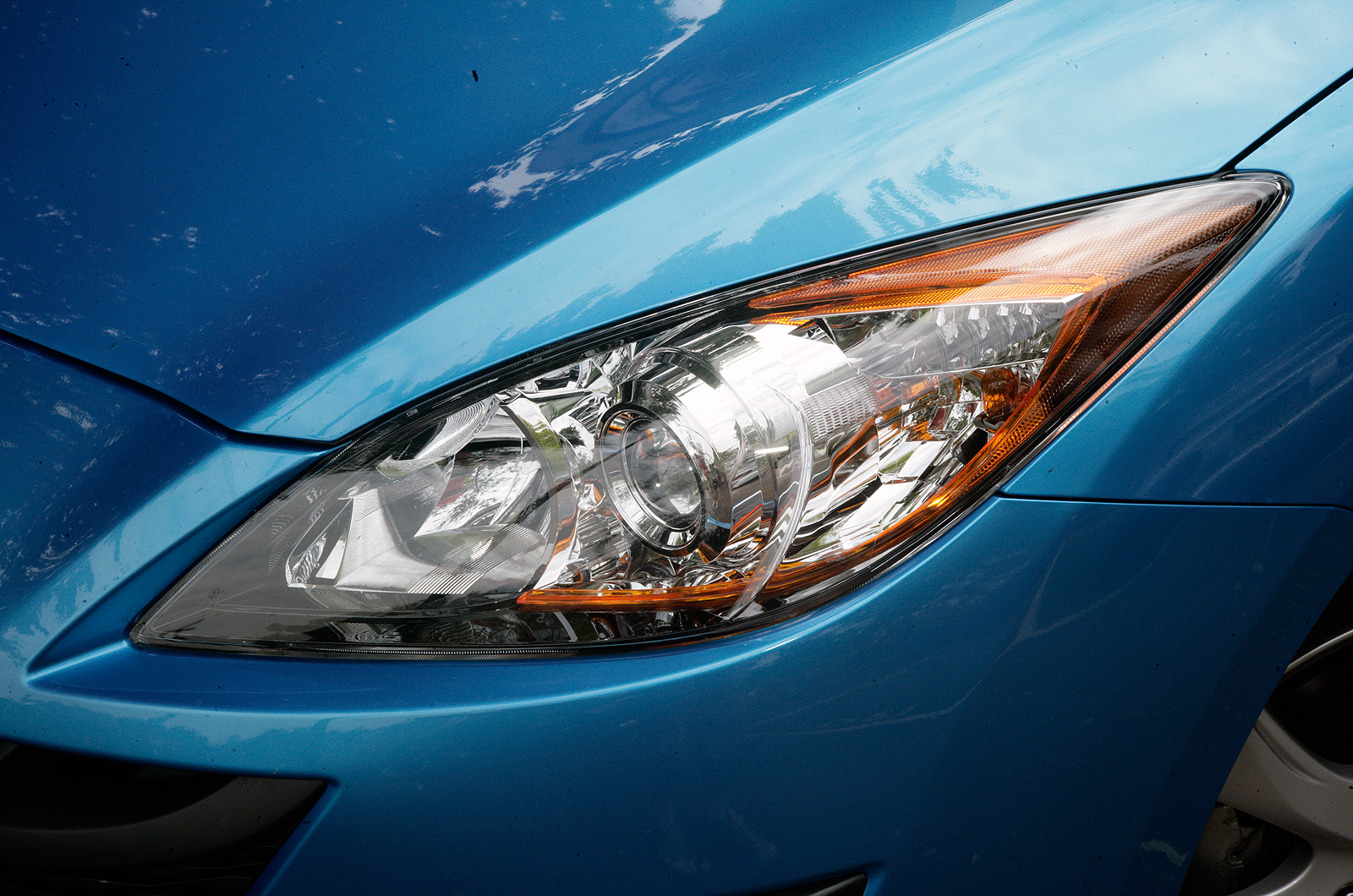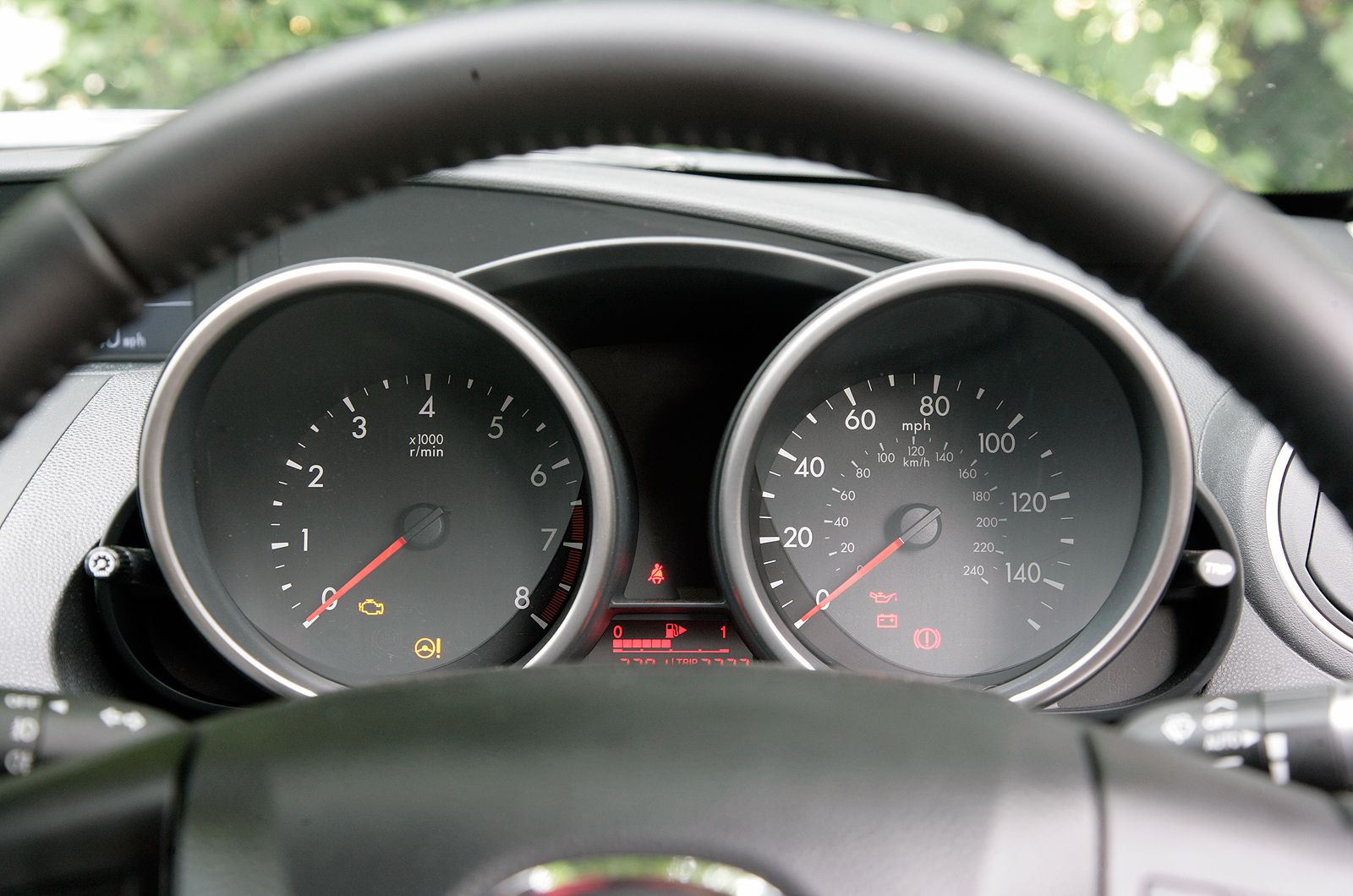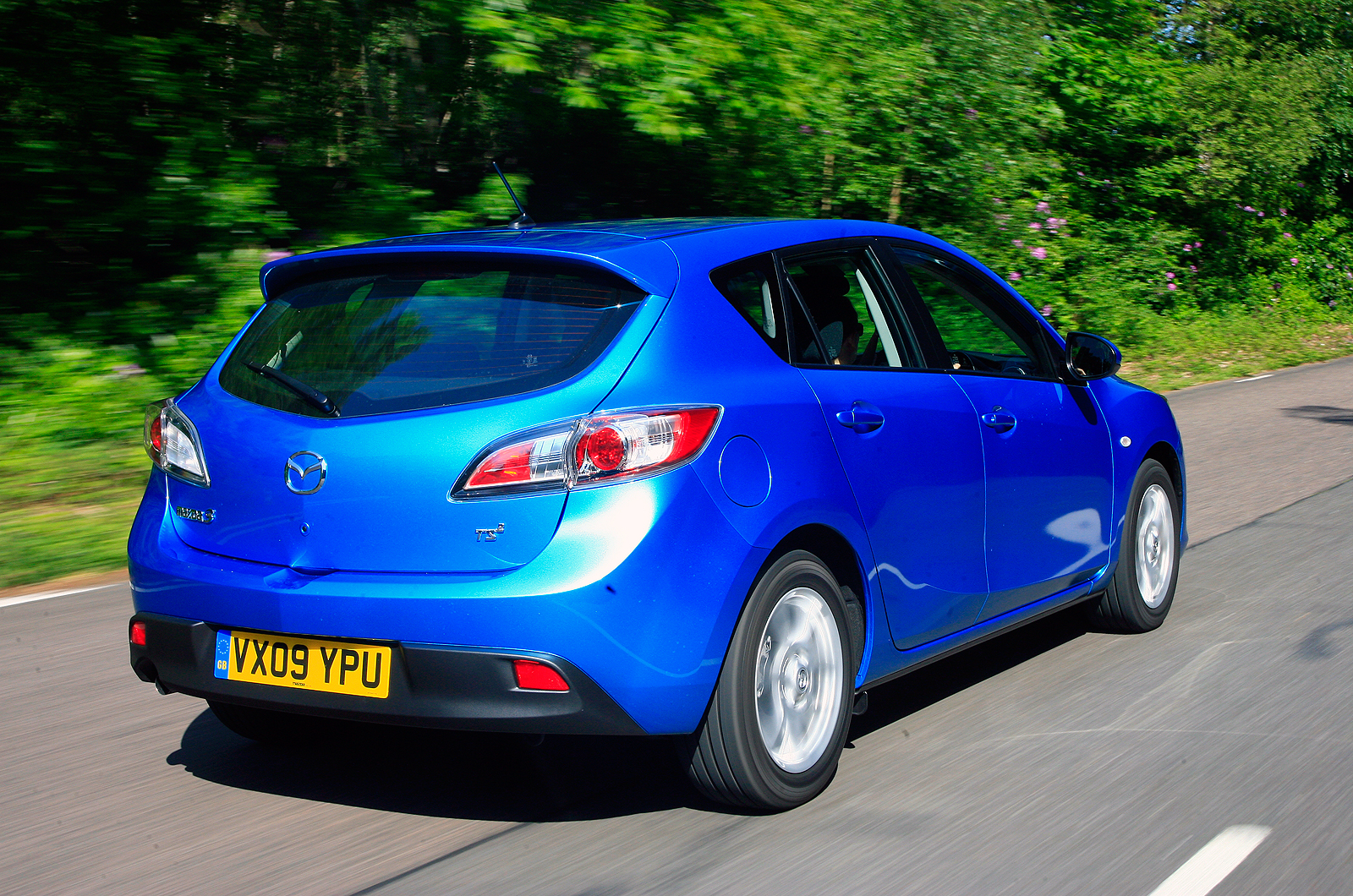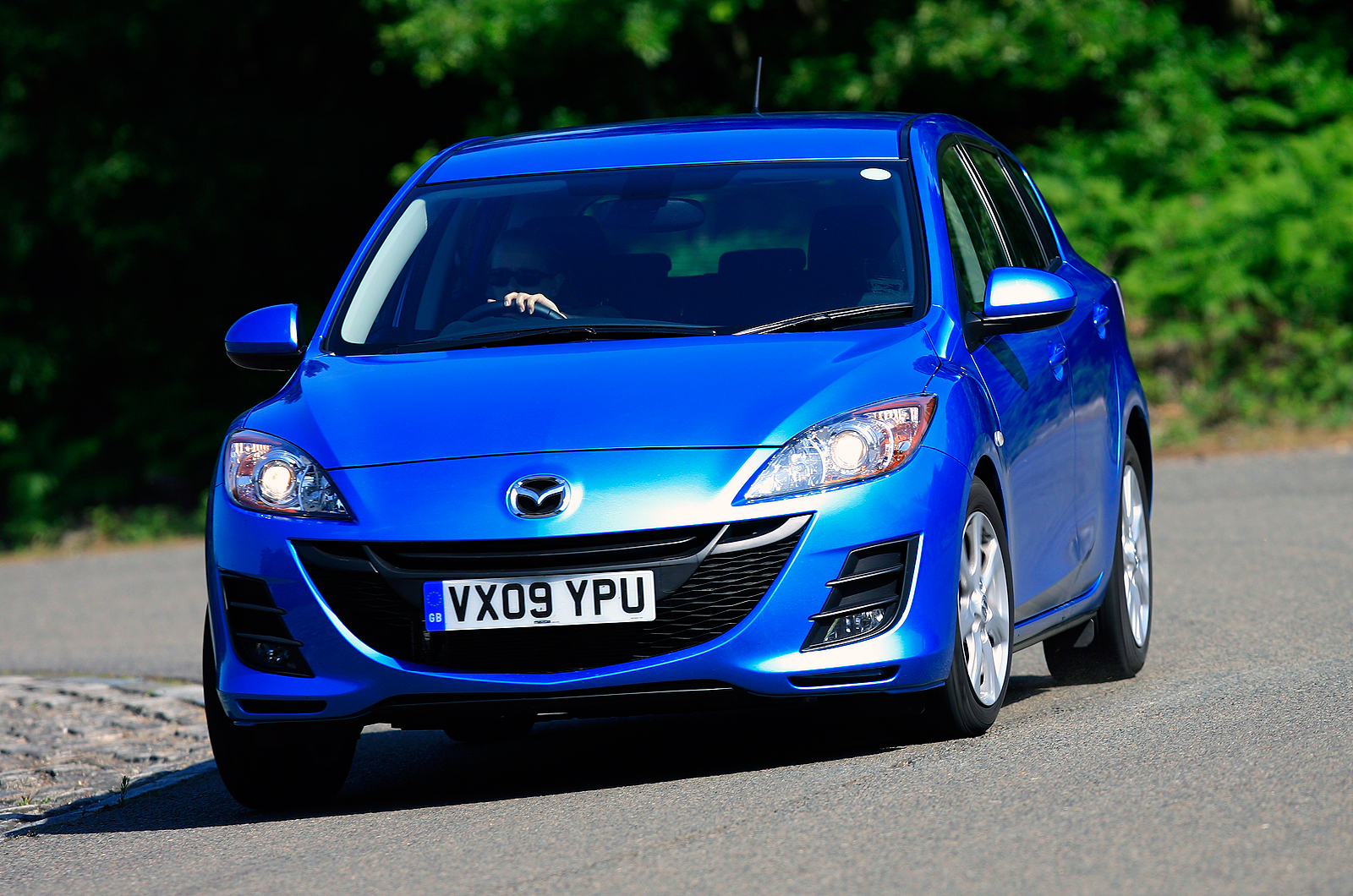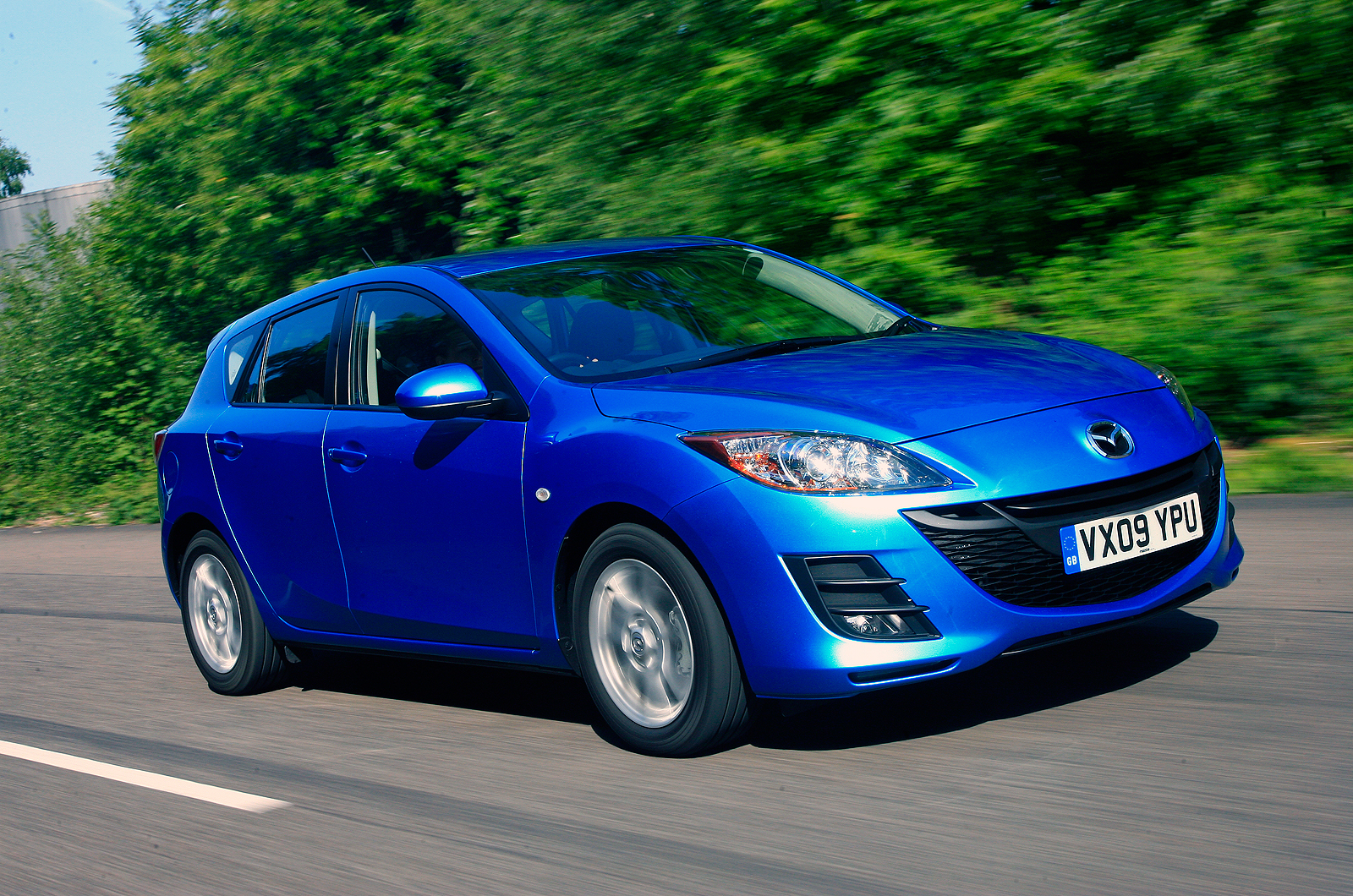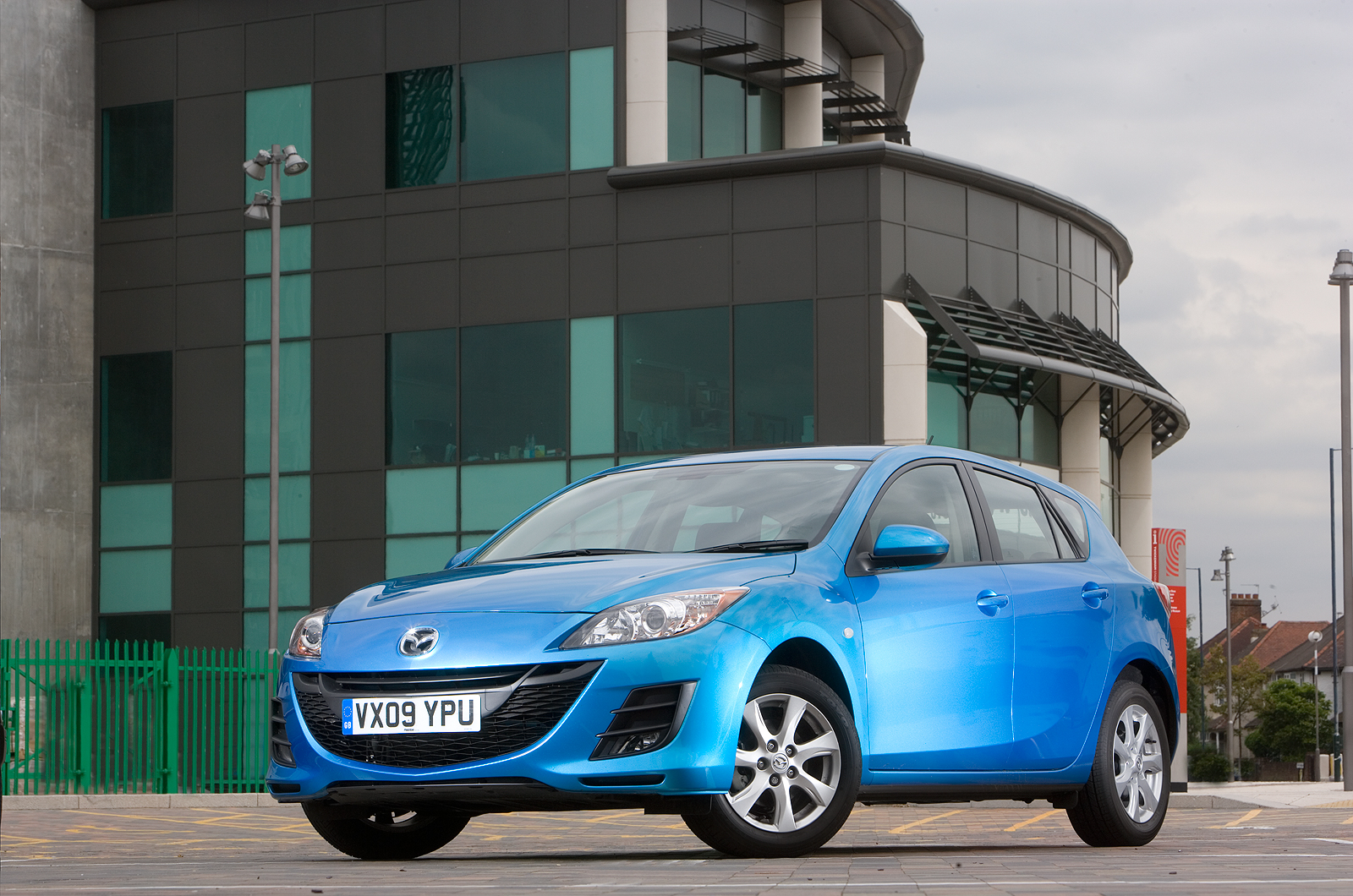The Mazda 3 lines up in a class that is arguably the most competitive of all, so being merely good can put you closer to the bottom than the top.
As a brand, Mazda does not come across with the kudos of Honda or Toyota, despite producing some cars that have all the right ingredients to merit admiration. Mazda MX-5 aside, maybe it’s a lack of memorable personalities in the brand’s history; maybe there have been too many dullard mainstream cars in the past. Whatever the reason, the Mazda 3 has not, in its career to date, resonated with people who actually like cars.
The hot Mazda 3 MPS version hardly helped by burying its impressive pace under a cloak of dynamic under-achievement. It was an opportunity missed. Now, though, the whole Mazda 3 range has been facelifted. It’s not a wholesale remake, as the Mazda 6 was, but a refinement: new interior, new outer panels with a dramatic nose, much detail honing under the skin and reduced CO2 outputs.
Mazda says that the 3 will be most popular in 1.6-litre petrol guise, closely followed by the 1.6-litre oil-burner.



